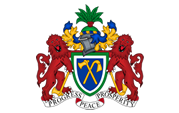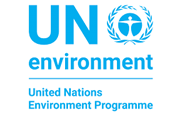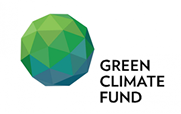EbA project aims to build climate resilience in The Gambia through restoration and rehabilitation of at least 7,000 hectares of degraded forests, savanna, and mangroves, and 3,000 hectares of farmlands that are primarily affected by the climatic stressors (rising temperature and reducing precipitation) and non-climatic stressors (such as deforestation). It anticipates to directly benefit up to 11,550 Gambian households and 46,200 households indirectly in the Upper Region, Central Region and Lower Regions of the Gambia.
Some of the key indicators of the project include increasing the cash income to the households by at least USD 330 annually; thus, contributing towards poverty eradication and revitalizing over 166 sustainable natural resource-based enterprises with an investment return of over USD 2.46 million. At the institutional level, the project envisions raising over USD 11.3 million in 20 years for the National Forest Fund through taxes and licenses fees.
The project is also working towards increasing the capacity of at least 40 project implementation staff drawn from the Departments of Forestry, Parks and Wildlife Management, Agriculture and Community Development, extension staff, regional staff, among others to at least 8/12 score from the baseline of 4/12.
At the community level, various remarkable impacts have been recorded. Socially, interventions such as firebreak creation in Kiang West National Park have not only controlled wildfires that were significant contributor to biodiversity loss but have also opened connection routes between several centers such as Batteling, Kwinella and Tendaba making access easier. Communities are also benefiting economically through provision of direct and indirect labor resulting from the project activities


